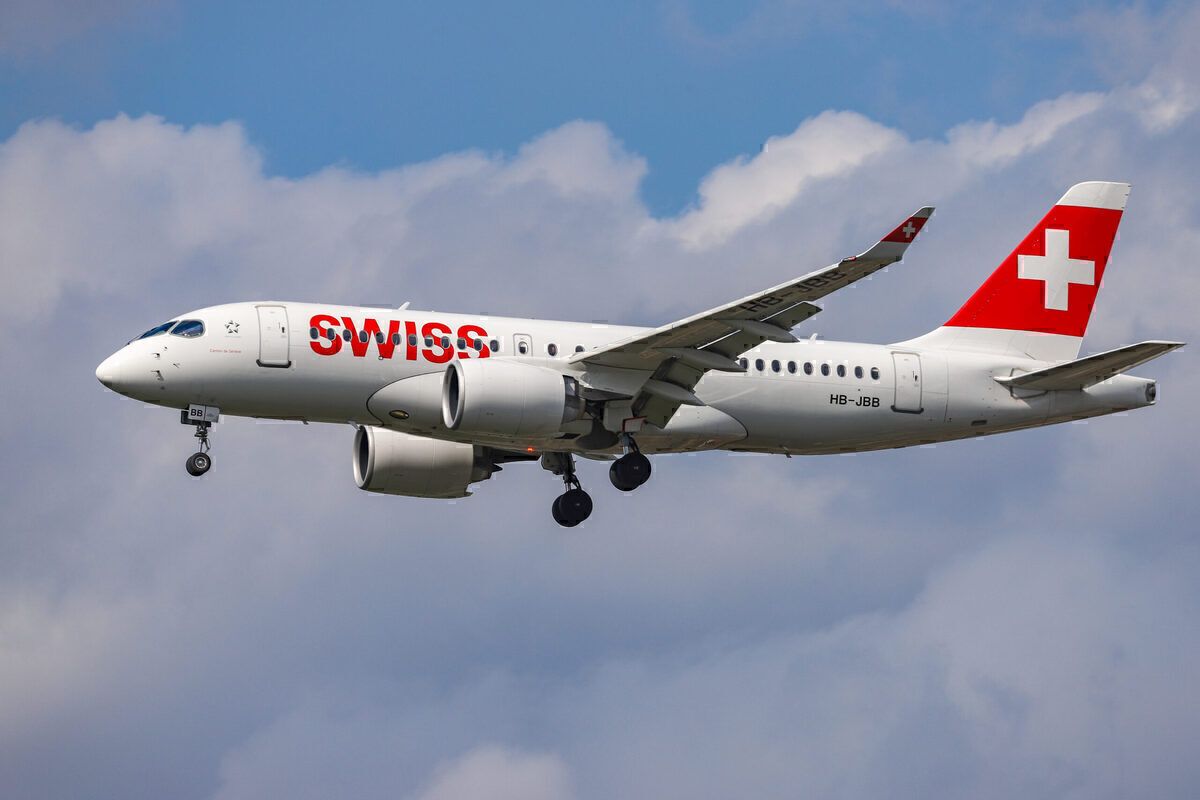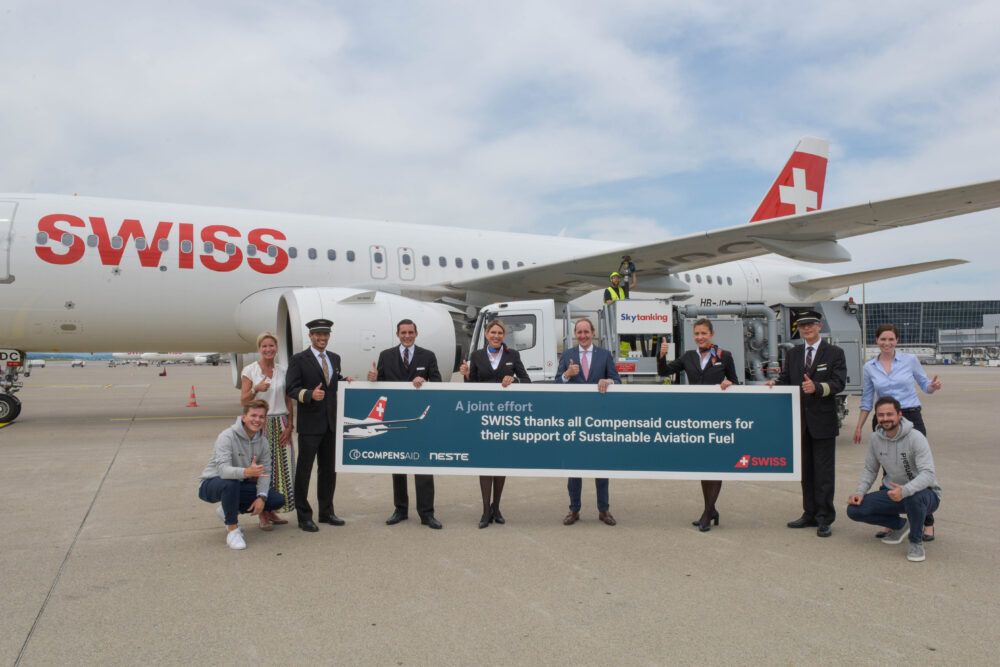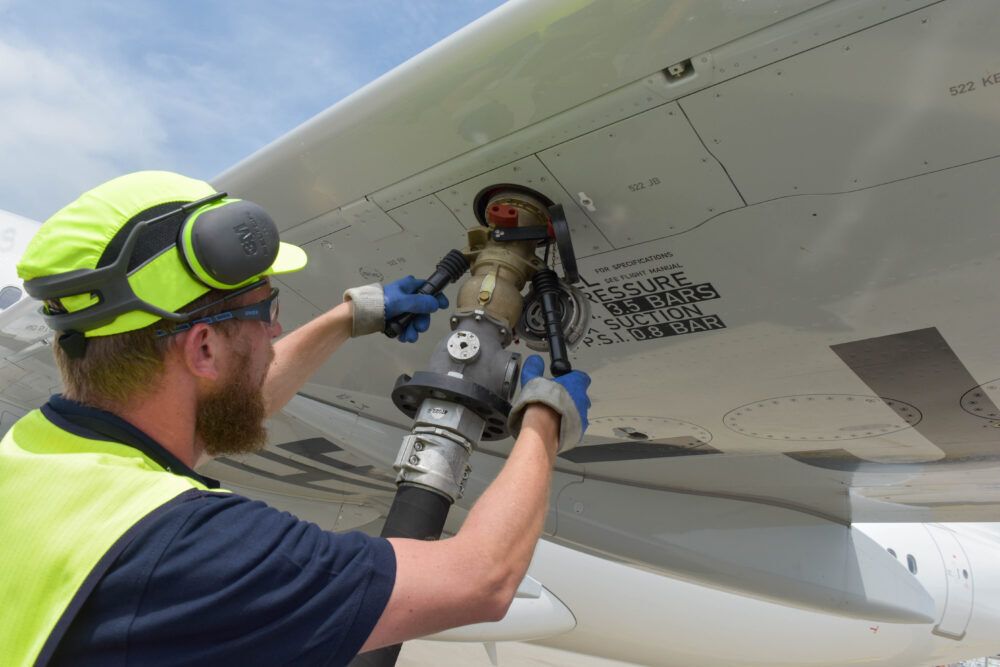On Tuesday, SWISS announced that it had established the first end-to-end logistics chain to bring Sustainable Aviation Fuel (SAF) to Switzerland, making it the first commercial airline to fly out of the country on biofuel blends. The carrier said it had teamed up with Finnish energy company Neste for an initial delivery that will power over 175 flights.
New rules make SAF at Zurich possible
The agreement follows new customs regulations in Switzerland, which came into effect on July 1st. These new provisions make it easier to import and use jet fuel with biogenic components in the country.
“We are delighted to have received the first delivery of our own-sourced SAF into Switzerland so soon after these new customs regulations came into force. For years now, SWISS and the Lufthansa Group have been lobbying for the import of sustainable aviation fuels, because these will be the key technology for the mid-to-long term future in enabling us to achieve our climate goals for 2030," said SWISS CEO Dieter Vranckx in a statement.
The Swiss flag carrier and Lufthansa subsidiary boss also thanked Neste and the customs authorities, and the company running Zurich Airport for making the necessary arrangements.
The SAFs will go straight into the conventional fueling infrastructure at the airline's principal hub at Zurich Airport. The carrier's first delivery will amount to 460 tonnes, equivalent to powering 175 flights when calculated for the fuel-efficient Airbus A320neo family. SWISS currently has three A320neos, with an order for another 14, and two A321neos with an additional six to be delivered.
Stay informed: Sign up for our daily and weekly aviation news digests.
Customers can Compensaid
One of the main obstacles for airlines to use more sustainable aviation fuels is, of course, their hefty price tag. Even though the price may have more than halved since their initial introduction, as long as production and supply remain low, SAFs are still two to three times as expensive as traditional jet fuel.
Along with other Lufthansa carriers, SWISS is offering its passengers to share the cost through its Compensaid platform. Customers can then pay to replace kerosene with SAF 1:1 when purchasing their tickets.
Neste's ambitious scaling plans
Neste and the Lufthansa Group have a long history of collaboration. In 2011, under a project titled 'BurnFair', Lufthansa tested alternative biofuels over a period of six months on 1,187 flights between Frankfurt and Hamburg.
“We are very pleased to welcome SWISS to the ever-growing ranks of major airlines that are using SAF. This first-ever delivery of SAF to Switzerland for commercial airline use is a major milestone for us at Neste, too," ” said Jonathan Wood, Neste’s Vice President for Renewable Aviation Europe.
The provider recently entered into an agreement with Cologne Bonn to make sustainable fuels available to all airlines operating out of the airport. While its current production of SAFs is limited to 100,000 tons per annum, undergoing expansions of its facilities in Singapore and Rotterdam will see output increase to about 1.5 million tons by the end of 2023.



